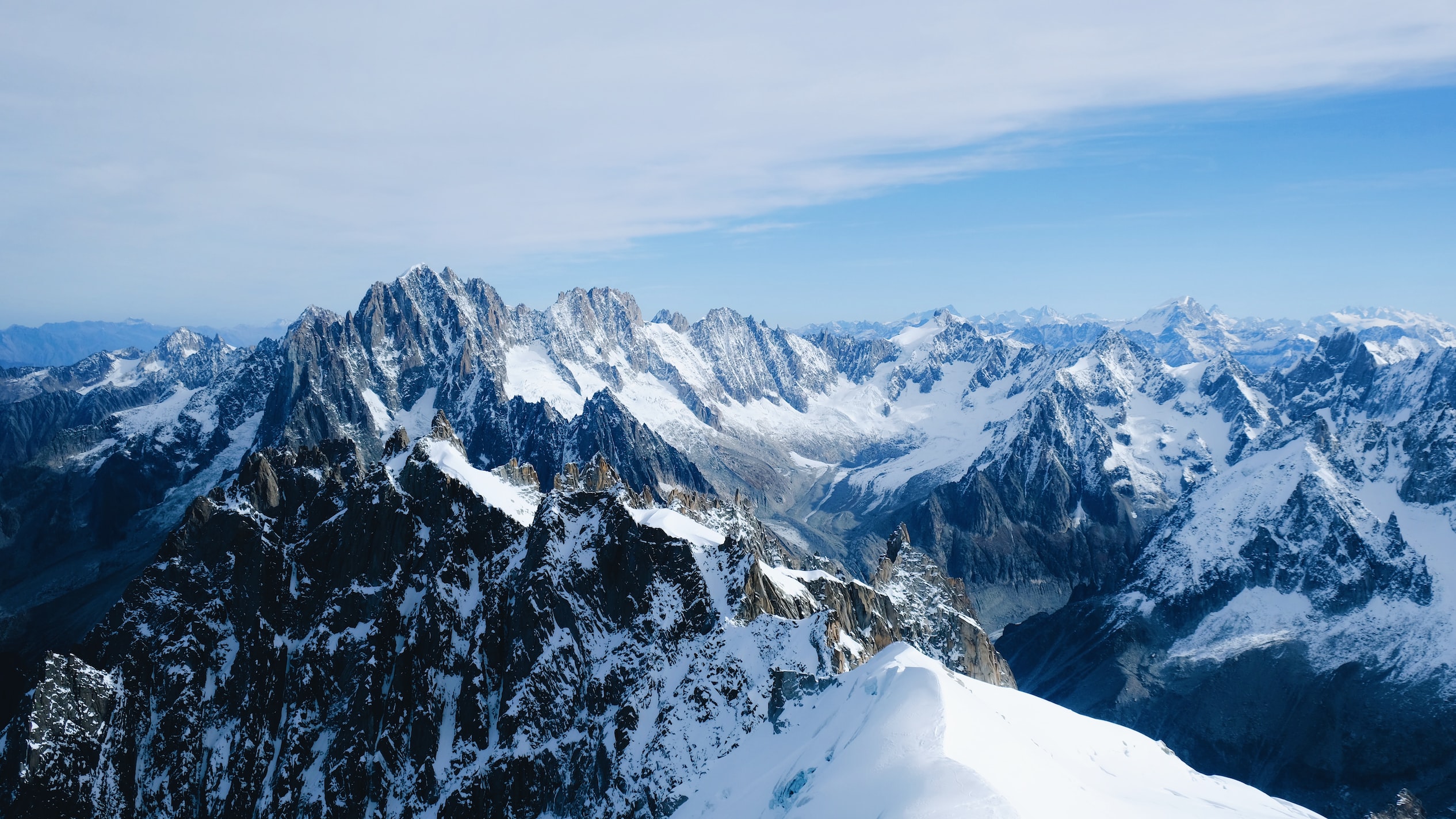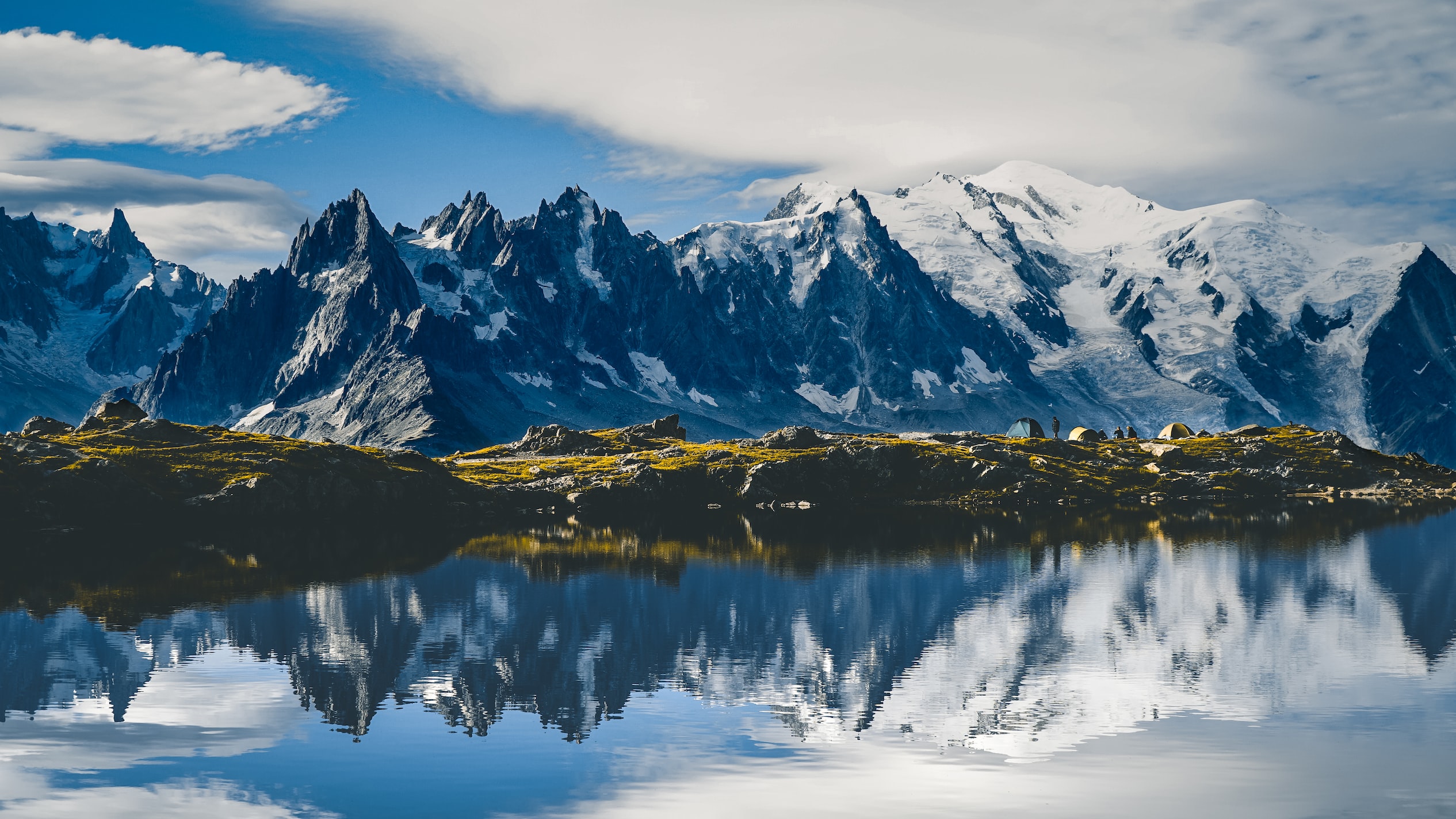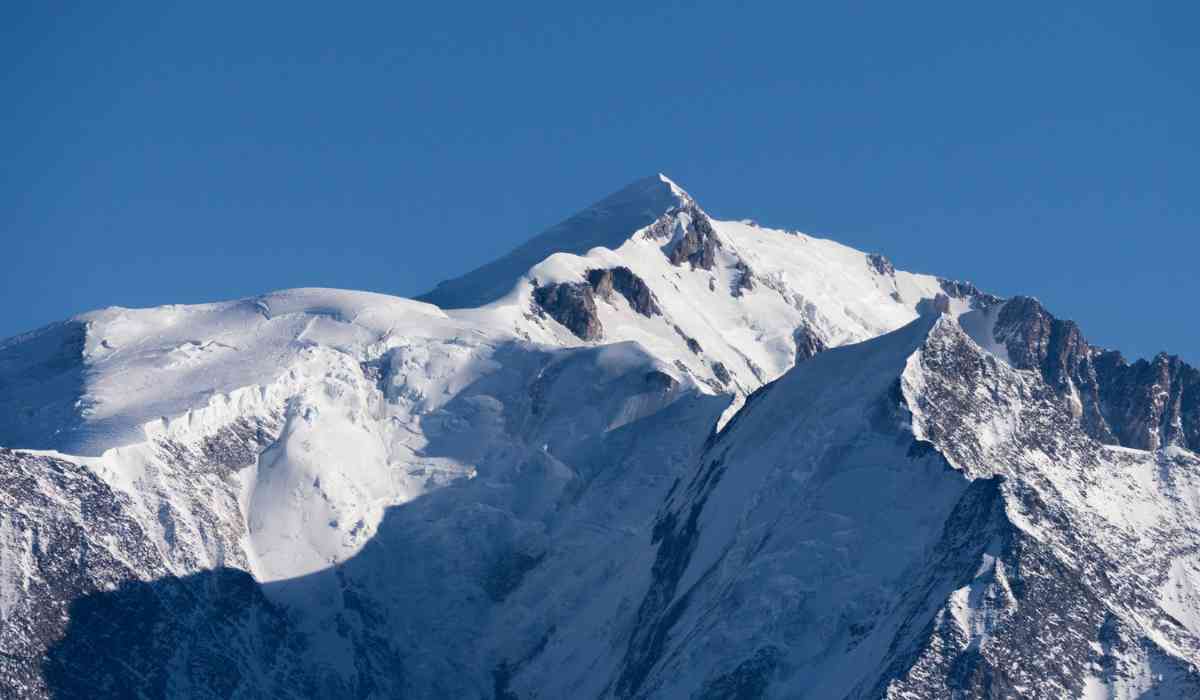Mont Blanc, France's tallest mountain and the highest in the Alps, has reportedly experienced a significant reduction in its height, shrinking by over two meters in the past two years. According to reports, the mountain is currently at its lowest recorded height in recent memory, measuring 4,805.59 meters (15,766.4 feet).

This reduction in Mont Blanc's height is primarily attributed to the effects of global warming. It has been reported that the mountain has been losing approximately 5.1 inches in height each year due to changing climatic conditions. However, the mountain's height can reportedly vary from year to year based on several factors, including precipitation and wind patterns, as well as seasonal variations.
The measurements of Mont Blanc's height have been conducted every two years since 2001 as part of monitoring its evolution. The objective of these measurements, as reported, is to create a model of the ice sheet and contribute to a precise data bank. A team of surveyors from the Haute-Savoie regional administration, reportedly assisted by a drone, conducted the latest measurement of Mont Blanc. This gradual reduction in the mountain's height, as per reports, highlights the ongoing impact of climate change and the melting of glaciers in the Alps.

While the decline in Mont Blanc's height is noteworthy, experts caution against directly attributing it to global warming, as climatic conditions at the summit of Mont Blanc are reportedly influenced by factors like wind and precipitation. Researchers continue to gather data on the mountain's changes to better understand the implications of climate change on the Alps.
Mont Blanc's shrinking, according to reports, is part of a broader trend in the region, with Swiss glaciers also reportedly experiencing significant losses in recent years due to rising temperatures and melting ice. These changes, as reported, have raised concerns about the long-term impact on the environment and regional climate patterns.
Ⓒ Copyright 2023. All Rights Reserved Powered by Vygr Media.
























